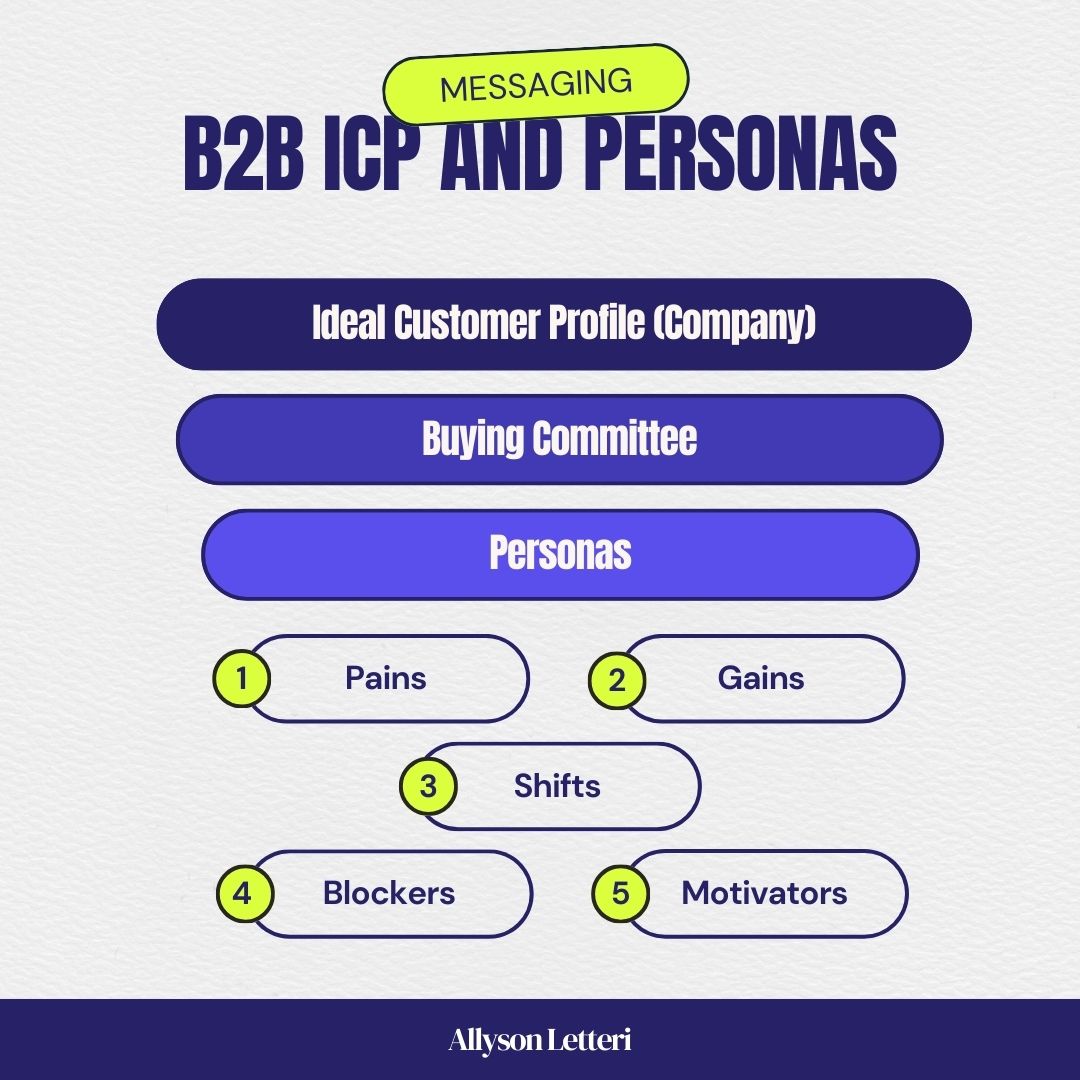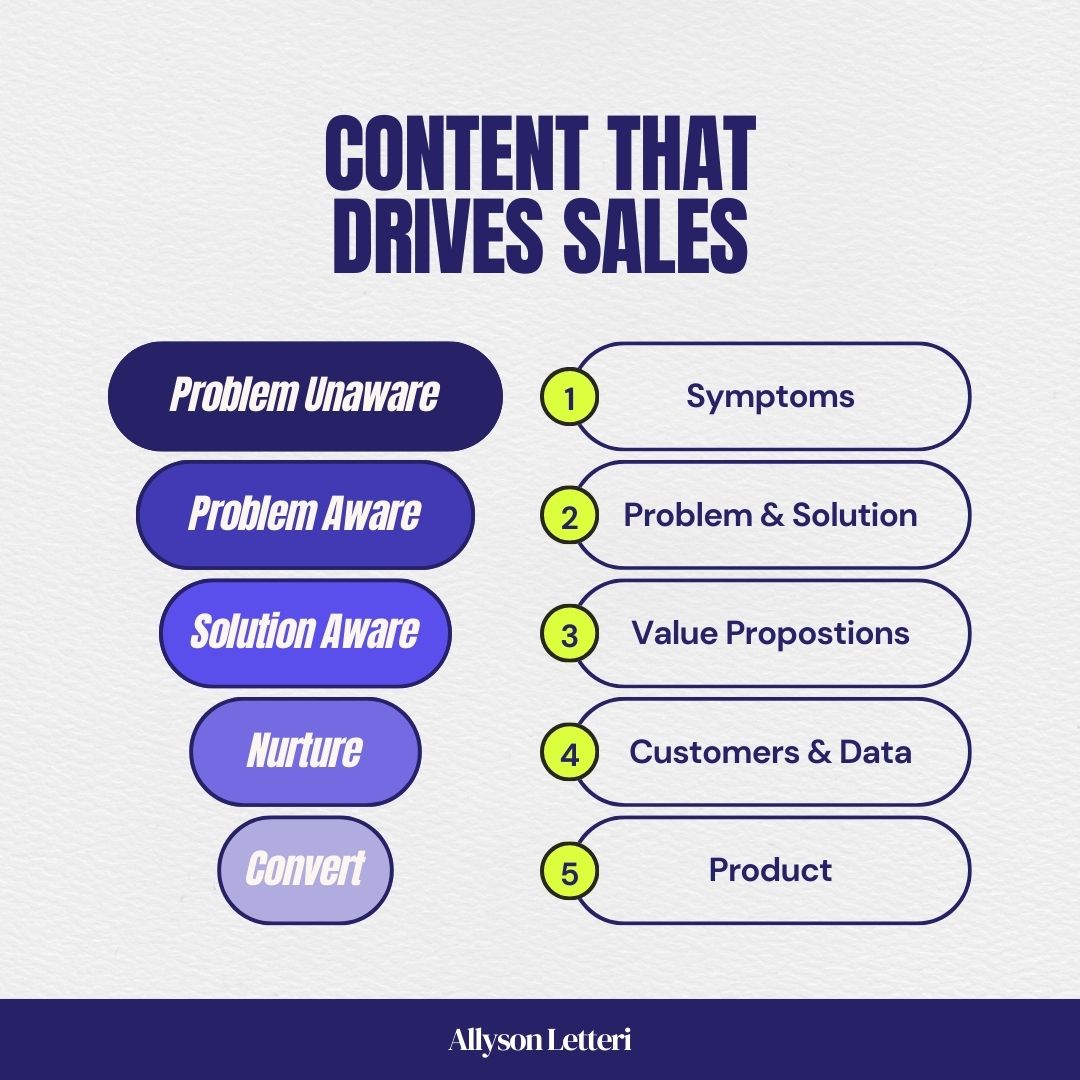While working at several startups, I’ve observed five things great managers do to create high performing teams. Think of these behaviors as principles that guide how managers show up and influence others. Great managers want their teams to perform at their absolute best. To unlock the talent of your team members and deliver impact, try out these five things that great managers do:

1) Be decisive
There’s probably no more important trait of a great manager than being decisive. Your decisions guide how your team members spend their time and the actions they take. Being decisive starts with defining your team’s clear goals. Be decisive about which goals are important and in scope, and what projects are out of scope (also called non-goals).
Then be decisive about which team member is accountable for what goals. And be decisive about what resources each team member gets: budget, access to leaders, access to other teams, time, etc. Lack of clarity slows down a team. People won’t know what they’re aiming for and how they can get the work done.
When new situations cross your path, be ready to be decisive. First gather context, get input, run models, or whatever the situation entails. But your goal should be to make a decision quickly and smartly so your team can move forward with clarity and purpose.
2) Be empathetic
Empathy often starts with kindness. Enter conversations recognizing that the person you’re talking to is working hard and needs something from you. Enter conversations recognizing that you don’t have full information about any given situation. That’s why you have a top notch team after all! You don’t need to sweat every project. So when a situation is challenging, or you don’t like what you’re hearing, take a breath. Ask questions and clarify. When a team member is upset, take a breath. Ask questions and clarify. Don’t take sides or rush to conclusions too quickly.
Your goal is to move your team member, and the broader team, to a better place through offering a balanced perspective and decisive action. Gaining empathy for the situation and the person, understanding challenges and considerations, will help your team members move forward. You’ll be in a place to offer constructive suggestions while taking all perspectives into account.
3) Be constructive
Being constructive is all about having a coaching mindset. You’re a role model, and every move you make and word you say is a coaching moment. While you want the best for your team, you also want the best for your company overall. So balancing your conversations and helping both individuals and the greater team win requires you to focus on being constructive.
Being constructive can also mean explicitly calling out a coaching moment. For instance, let’s say a team member and I are talking through their latest project plan. I’ll give constructive feedback along the way, asking questions and making specific suggestions about the plan. At the end I will also pull back and reflect on the whole planning discussion. I will explicitly say “now I’d love to give you some coaching about this process. These things went well. I’d love to see you approach these things differently next time.”
This desire to help your teammate thrive and get better each time you interact is a gift. But as a manager, always being in coach mode can also be a challenge. It’s easier to just share some quick feedback on the project itself and move on. But it’s higher impact for you to role model how to share feedback and to share bigger lessons with your team members too.

4) Be transparent
What’s the risk of being clear, direct, and transparent in your communications? Sounds like an important goal, right? Sounds like an important mindset, right? But many times at companies, managers get wrapped up in thinking about “how should I frame this” or “my team can’t handle the full truth.” They either dilute feedback or share vague decisions and information.
If you adopt the other manager mindsets in this article, you are going to communicate with empathy and in a constructive way every time. You can be empathetic and constructive while also saying what you mean and saying things that not everyone will like. Having a team walk away from a conversation clear about the decision and how it was made enables people to deal with the information and move on. It reduces gossip and creates a culture of transparency, which you definitely want on your team.
Communicating transparently also means communicating context in a timely way. Sometimes big strategic decisions take weeks or months to make. Take your team along the journey and share must-know information. They’ll feel included in decision making and will be better prepared to handle the outcome, whatever it may be.
5) Be service-minded
I’ve often said that the main role of a manager is to bring out the absolute best in their team so the team can achieve outstanding results. All the other essential manager mindsets mentioned enable this. For team members to perform well, they need a decisive leader who communicates with transparency. They need an empathetic leader that creates psychological safety. And they need someone who approaches feedback and challenging situations in a constructive way.
A high performing team also needs a manager who is in service to things that are bigger than their own personal ambitions. This manager puts the customer at the heart of all decision-making. Plus this manager tunes into the needs of their team members and what type of work and working style brings out the best in each person. This manager is also in service to the goals of the greater company and think often of how their team can accelerate those goals.
Service-oriented managers are always looking for ways to bring out the best in people. They could do this by delivering an exceptional experience to their customers. Or it could be by enabling their team members to do their best work through decisive action, more resources, or a great team environment. It often means the manager is not “above” any type of work or decision. They are there to serve, be helpful, and deliver great results.
Put these five things that great managers do into practice
Write down these mindsets and put them on a sticky note by your computer. As you go through your day, glance at the list and think about specific examples of when you used the mindset. Now think about a situation where you could have dialed it up. Perhaps you could have been more transparent. Or you could have reduced the negative tone of a conversation and really dialed up being constructive. Think about each mindset as a dial that you want to keep turning up as you hone your skills as a manager.
5 things I need to do as a manager
- Be decisive
- Be empathetic
- Be constructive
- Be transparent
- Be service-minded





